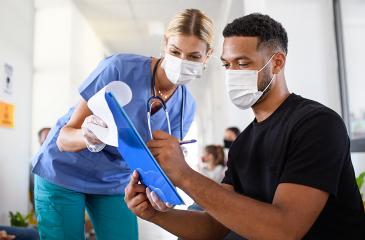In OACA, we often use the phrase, re-imagine health. The term “re-imagine” is purposeful—our goal is to create a fundamental shift in how we think about health beyond treating illness. What does a healthy life look like? What can it look like? Coming back from the pandemic is an excellent time to give ourselves a fresh way of looking at these questions.
We have to be careful of just repeating questions from the past because how a research question is framed impacts everything from how the research is done to the eventual outcomes. Whether we realize it or not, how we ask research questions reflects our belief systems and assumptions.
When we ask research questions, we think carefully about not biasing or assuming outcomes in the way we phrase them. If you don’t already, it’s time to consider social and racial inequities as well. For example, rather than saying “What is wrong with people that XY is happening?” we can examine “What is wrong with our policies and social structures that create the environment for XY to happen?” It can be a subtle shift in thinking, but it is important to understand that we are all impacted by our histories and environments, and that those are not equal across the board.
We tend to focus on actions rather than on ways of thinking, but how we think is important because it informs our actions. To truly change the landscape and begin to unravel the threads of health inequities, we need to understand how the way we think can either make things better or keep them the same.
Across the health sciences, students, staff, faculty, and leadership are working to create more inclusive environments and advance diversity and equity. I invite you to share your work in this area.
Driving Innovation and Discovery

Leveraging Technology to Improve Health
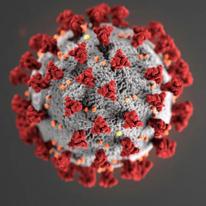
Participate in the SeroNet COVID-19 Vaccine Response Study

SciPride Celebrates the Scientific Contributions of the LGBTQIA+ Community
Advancing Interprofessional Education & Training
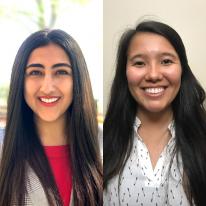
OACA Interprofessional Internship Highlight: M Health Fairview Team #2
Partnering With Communities
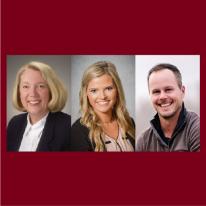
Three Community Leaders from Rural Minnesota Selected as Inaugural Cohort for Project REACH
Ann Bussey, a retired health care leader who resides in Side Lake, Leah Lehtola, a community health leader from Montevideo, and Adam Pavek, PharmD, a pharmacist from northern Minnesota have been selected as the inaugural cohort for Project REACH (Rural Experts Advancing Community Health), a joint initiative of the Rural Health Program through OACA and the Clinical and Translational Science Institute. Project REACH is a year-long program that provides diverse community leaders in rural Minnesota with health policy and leadership training. Participants learn to frame health policy challenges and how to communicate effectively with state legislators and other policymakers.
U-Wide Events and Opportunities

Mothers Leading Science Program

Bakken Center Mindfulness Programs Information Session
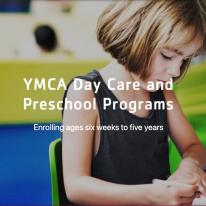
New Child Care Option on Campus
